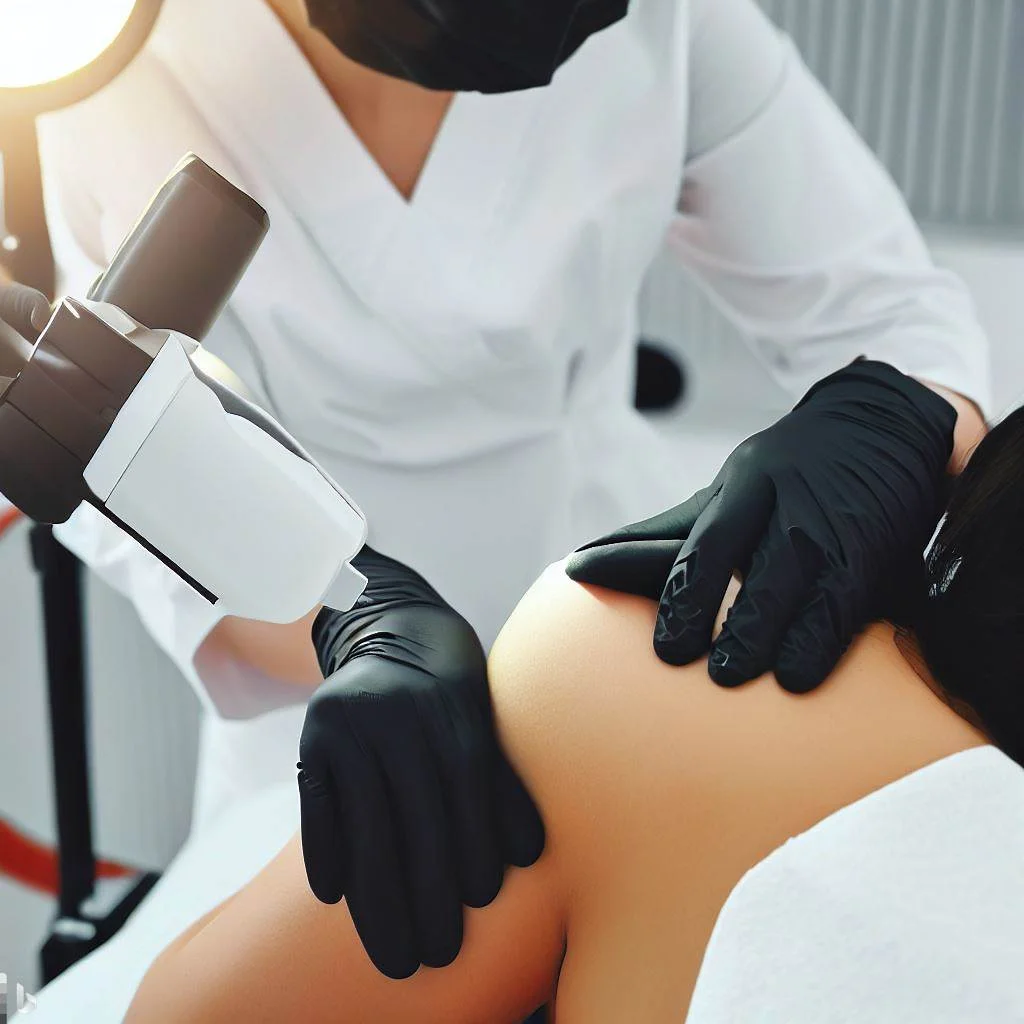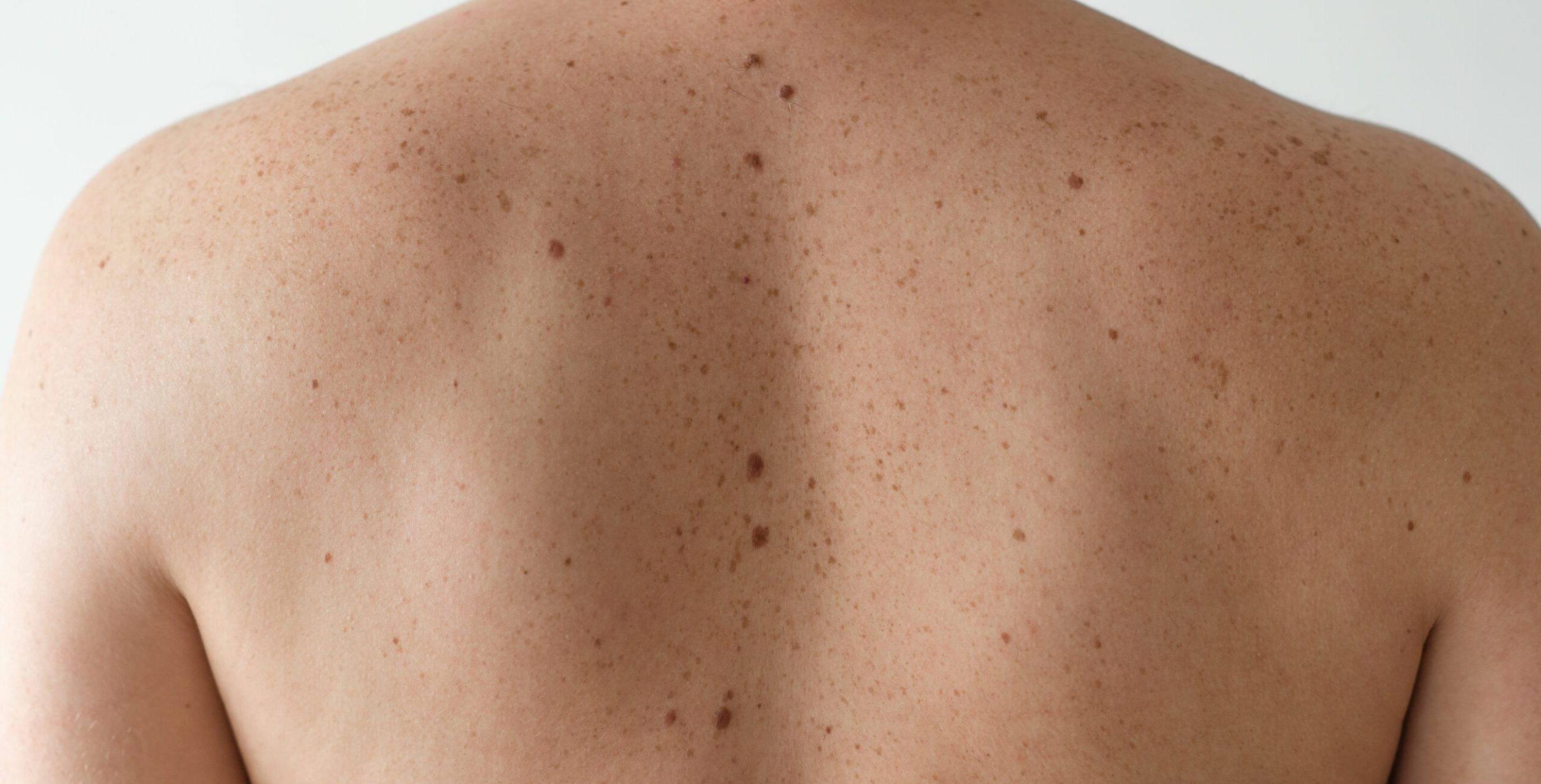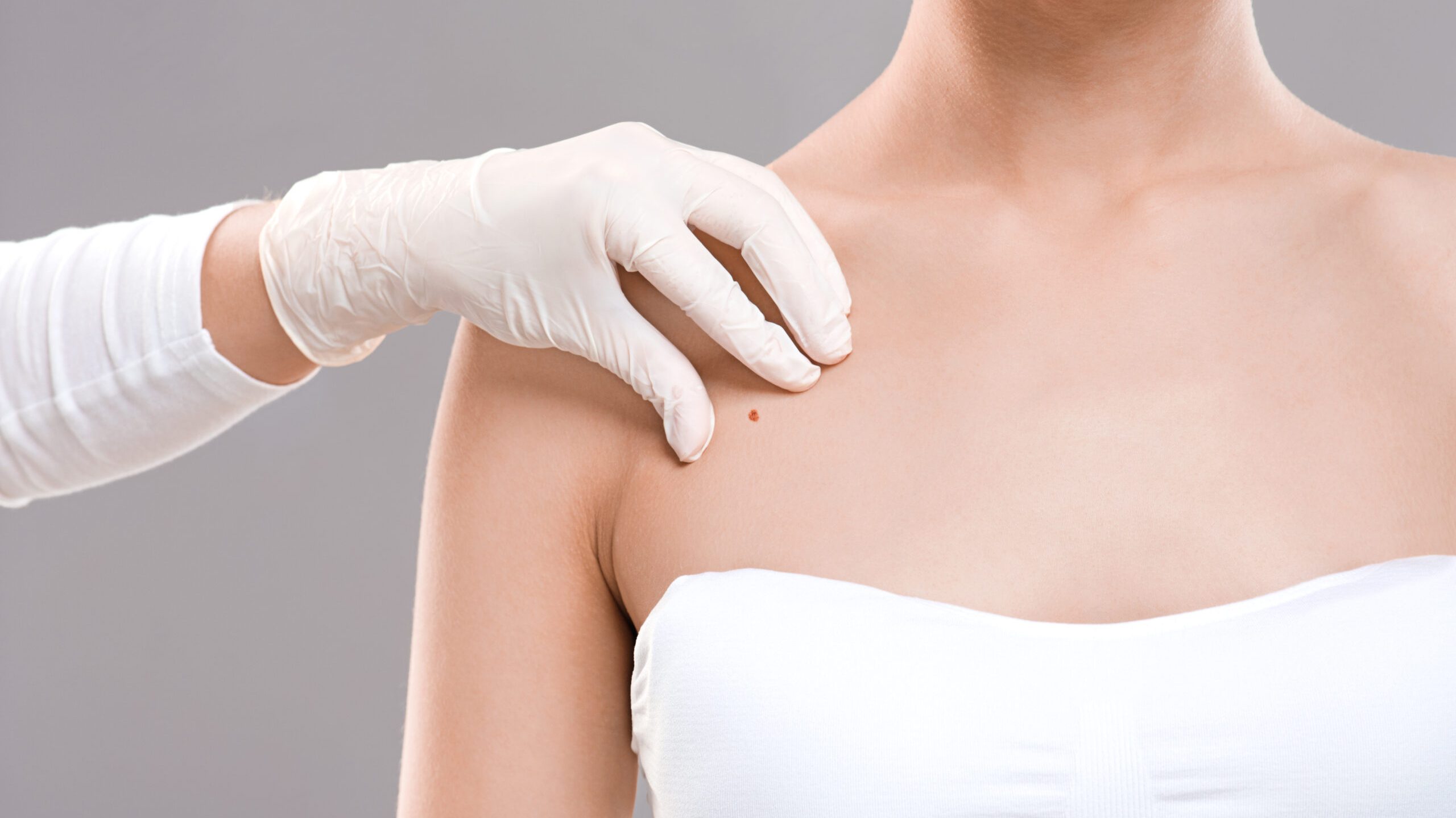Surgical Treatments
Skin Tag Removal
Skin tags are benign skin growths that occur over time in areas of friction. Skin tags are common in both men and women. They are usually found on the neck, underarms, groin, or under the breasts. Skin tags are not harmful and can be removed by a surgical Dermatologist. In most cases, skin tags are removed for aesthetic purposes.
FCP Dermatology’s Double Board-Certified Dermatologist has extensive knowledge in the diagnosis of skin tags and experience with skin tag removal. Her expertise and precision allow her to diagnose and excise these benign skin growths. Contact our team to learn more about our skin tag removal.
Surgical Treatments
Our Surgical Dermatology Treatments
Skin Tag Removal Treatment Overview
Skin Tag Removal Toronto
Most skin tags do not require treatment. But sometimes people want to remove them for cosmetic purposes or because they cause discomfort when they rub against clothing or get caught on jewelry.
The benefits of skin tag removal include:
- Improvement in the skin’s appearance.
- Painless, minimally invasive treatment.
- Can be done on any skin type.
- The procedure can be done in 10-15 minutes.
Skin Tag Removal Treatment Details
What skin tag removal techniques are available?
Cryotherapy – Consists of “freezing” the skin tags with liquid nitrogen. Skin tags slough off over the next few days or weeks after the procedure. You may need to repeat sessions.
Electrocautery – Using an electric scalpel, skin tags can be burned instantly. Local anesthesia is usually applied beforehand.
Surgical removal – Skin tags usually need to be removed with surgical scissors or a scalpel. These wounds may also be treated with electrocautery.
It is important to have your skin tags properly diagnosed and excised by a trained Surgical Dermatologist. Skin tags should never be removed at home. In rare cases, skin tags can actually be skin cancer.

View Available Treatments
Skin Tag Removal Experience
What to expect during a skin tag removal treatment
Before the procedure – It is recommended to come to your appointment with clean skin free of products such as creams or lotions. Wear loose clothing to avoid chafing after the treatment. Please inform Dr. Bailey if you are using anticoagulant medication.
During the procedure – Once removed, pressure is exerted on the area to stop any bleeding. An antiseptic will also be applied to prevent any infection. After the procedure, you may go back to your daily activities.
After the procedure – Avoid sun exposure for 2 weeks and follow the post-surgical instructions for wound care. You can return to your daily activities immediately.
Ongoing Care
At FCP Dermatology we are dedicated to the ongoing care of our patients to provide you with the best results possible.
Your expert Dermatologist
Meet Our Double Board-Certified Dermatologist
Our Dermatologist
A life dedicated to Dermatology and skin care
Dr. Kristy Bailey is a Double Board-Certified Dermatologist and Medical Director and Founder of FCP Dermatology. She has a wealth of knowledge and expertise in Medical, Surgical, and Cosmetic Dermatology and is recognized as an expert in cosmetic injectables and minimally invasive procedures.
Her vision was for a world-class facility where patients can feel safe, comfortable, and pampered. A little oasis in the busy financial district, where everyone leaves looking more rested and youthful.

Dr. Kristy Bailey
MD, FRCPC, DABD
Dermatology Treatments
We offer a wide range of Dermatology treatments
We offer over 40 different dermatology and skin care treatments including; Botox, filler, facials, peels, body rejuvenation, face lifts, brow lifts, mole removal, wart removal, laser hair removal, dermal fillers, skin boosters, Radiesse filler, Sculptra, Belkyra Deoxycholic Acid, PRP treatment, botox for hyperhidrosis, Sclerotherapy for spider veins, hydrafacials, medical microneedling, carbon peels, vampire facials, green peels, skin tightening, melasma treatments, hyperpigmentation treatments, skin resurfacing and much more.
Specialists in Skin Tag Removal Treatments
FCP Dermatology is your Toronto Dermatology Clinic! Learn more about our Skin Tag Removal treatments by contacting us!
All treatments are overseen by our Dermatologist
There are hundreds of nerves and arteries in your face and only a Board-Certified Dermatologist should be trusted to inject it.
At FCP Dermatology, all of our injections are performed by our Double-Board Certified Dermatologist Dr. Kristy Bailey, MD, FRCPC, DABD.
RELATED TREATMENTS
Skin Tag Removal FAQ
Frequently Asked Questions about Skin Tag Removal
Possible risks include infection, scarring, bleeding, or irritation. These risks are relatively low, especially when performed by a Dermatologist.
Only a trained surgical Dermatologist should perform this procedure, such as Dr. Kristy Bailey.
It can be done on any area of the body.
Most skin tags do not require treatment. But sometimes people want to remove them for cosmetic purposes or because they cause discomfort when they rub against clothing or get caught on jewelry.
It is important to note that skin tags are not the same as warts, and therefore the "anti-wart" products that can be found in pharmacies are not useful for treating them. Unlike warts, skin tags are not contagious. They are generally located in areas of skin folds such as the face, neck, underarms, groin, and eyelids. They can cause discomfort due to friction, torsion, trauma, or bleeding, so it is important that they are correctly diagnosed by a Dermatologist who will evaluate the appropriate treatment for their removal.
Generally, lesion removals for a cosmetic purpose are not covered by OHIP or private insurance. If the lesion is cancerous, OHIP will cover the procedure.
Many of these adverse reactions are transient and self-limited. You will be advised on how to treat them.
- Surgical site infection.
- Recurrence.
- Erythema (skin redness).
- Local pain.
- Inflammation.
- Slight local bleeding.
A skin tag is a small, benign growth of skin that typically appears as a protruding piece of flesh and can vary in size and shape.
The procedure is typically quick and painless, and anesthesia is not typically required. Local anesthetic may be used for larger skin tags, or if electrocautery is necessary. This procedure usually does not leave any scars or marks.
Skin tags are usually harmless and not a cause for concern. However, they can be bothersome or cosmetically undesirable.
Moles should never be removed at home. Careful diagnosis by a Dermatologist is necessary before removing any lesion or growth on the body.
If a skin tag is completely removed, it should not grow back. However, new skin tags can develop over time.
The time it takes to remove a skin tag depends on the method used. Some methods are quick and may only take a few minutes, while others may require multiple sessions.
This treatment has no absolute contraindications, but patients with the following conditions should receive advice from our Dermatologist prior to the session.
- If you are taking anticoagulants.
- If you are immunosuppressed.
- If you have an active skin infection at the skin site to be treated.
- If you are pregnant or breastfeeding.



